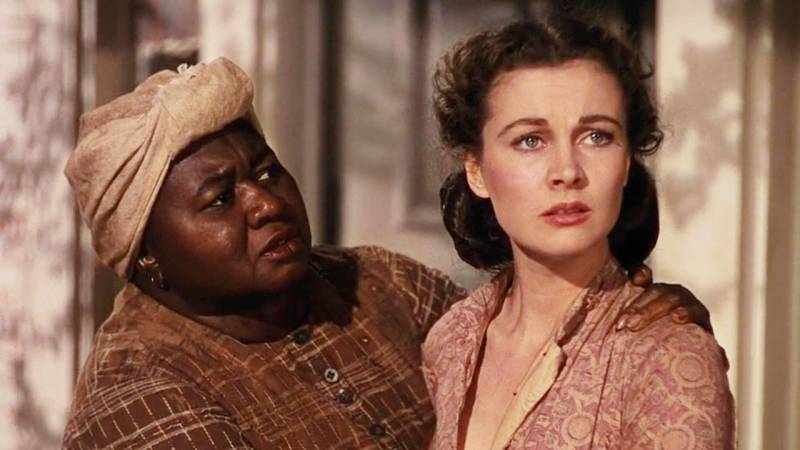Yesterday, HBO Max temporarily pulled Gone With the Wind from its library. Announcing the decision, the channel’s statement read, “These racist depictions were wrong then and are wrong today.” It pledged to bring the 1939 movie back at a later date, alongside “a discussion of its historical context.”
Given the newness of the channel (it launched May 27), HBO Max’s sudden desire to denounce Gone With the Wind’s racism feels fairly flimsy. The promotional hype for the platform was very specific about how much effort had been put into creating a high quality collection. But somehow, still, a movie awash with Black stereotypes and confederate romanticism made the cut. Why? Gone With the Wind might be a landmark in cinema, but great production values don’t undo racist content.
When Gone With the Wind does return at a later date, HBO Max says it will do so alongside “a denouncement … but will be presented as it was originally created, because to do otherwise would be the same as claiming these prejudices never existed.”


